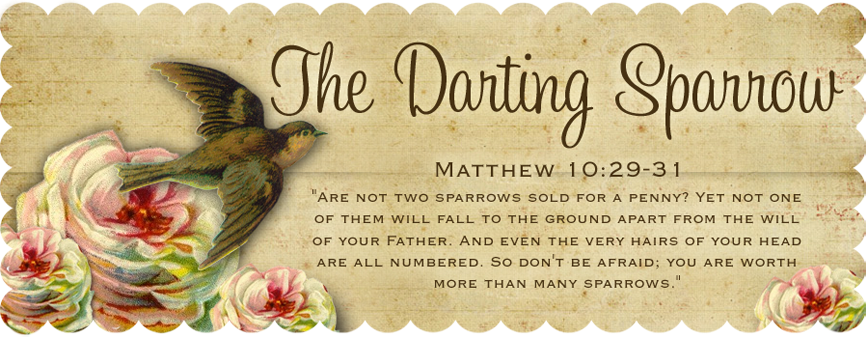Though the fig tree do not blossom,
Nor fruit be on the vines;
The produce of the olive fail,
And the fields yield no food;
The flock be cut off from the fold,
And there be no herd in the stalls,
Yet I will rejoice in the Lord,
I will joy in the God of my salvation.
GOD, the Lord, is my strength;
He makes my feet like hinds' feet,
He makes me tread upon my high places.
~ ~ ~
I have enjoyed studying through the book of Habakkuk today--as it's a very short book, this task was very much possible ☺.
I highly esteem John MacArthur's treatment of it. I had never realized that it resembles a mini Job (in both form and content), with Habakkuk questioning God, followed by His answering back, and concluding with Habakkuk embracing renewed trust and strengthened faith in Him. In fact, according to MacArthur, a possible translation of "Habakkuk" is, "one who embraces." He goes on to say, "By the end of the prophecy, this name becomes appropriate as the prophet clings to God regardless of his confusion..."
In addressing the book's "interpretive challeges," MacArthur states,
"The queries of the prophet represent some of the most fundamental questions in all of life, with the answers providing crucial foundation stones on which to build a proper understanding of God's character and His sovereign ways in history. The core of his message lies in the call to trust God (2:4), 'the just shall live by faith.'"
MacArthur explains that the crux of this book's message centers on the awareness of and distinction between "the act of faith" (justification by faith) and "the continuity of faith" (sanctification by faith). He explains, "Faith is not a one-time act, but a way of life." In other words, faith must prevail, even if one is feeling demoralized because their life is not an easy task, or they have observed others going through tough times, or they have experienced or been witness to injustice (or perceived injustice).
Chapter 3 marks a transition in the book from argument (due to Habakkuk's "theological quandary"), to prayer. In verse 19, he is willing to accept that "security and hope were not based on temporal blessings but on the Lord Himself." And again, "Ultimately, Habakkuk realized that God was not to be worshiped merely because of the temporal blessings He bestowed, but for His own sake" (JM).
This book is probably best known for its "Hymn of Faith" (JM), a gem of a passage which comprises verses
3:17-19 (and which I've included at the beginning of this post). And well so, as it is affecting and poetically beautiful. But it is worthwhile to mine the book for its diamonds-in-the-rough as well.
On a slightly different note, in Falling in Love with Jesus (Chapter 6), Kathy Troccoli references an allegorical book, Hinds' Feet on High Places. In it, a fawn named Much-Afraid "learns how to go to the high places with the Chief Shepherd." Whether due to fear, a theological crisis, or whatever else might be creating a speed bump or even a roadblock in our faith path, it is important to overcome, so that we may "walk on [our] high places." As Troccoli says, "I want to live in such a way that I continually let Him take me to higher places."
~ ~ ~
I think the book of Habakkuk just might have become my "life book." Now, I've heard of countless people having a "life verse," but never a "life book." Until now, that is ☺.














No comments:
Post a Comment